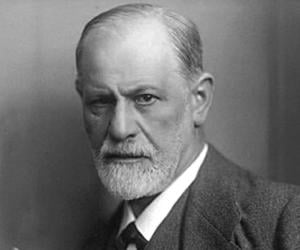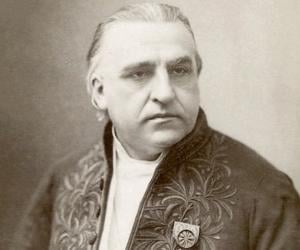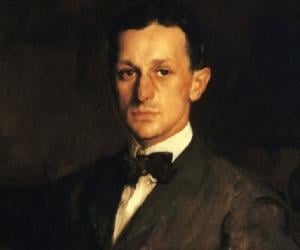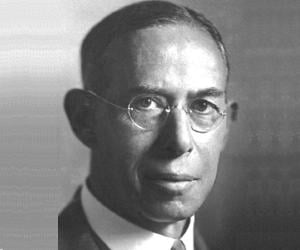Regarded as the father of psychoanalysis, Sigmund Freud was a neurologist. Despite suffering criticism, psychoanalysis remains influential in the fields of psychology and psychiatry; such is the influence Freud has on humanities. Scholars believe that Freud is one of the most influential personalities of the 20th century and that his impact is comparable to that of Marxism and Darwinism.
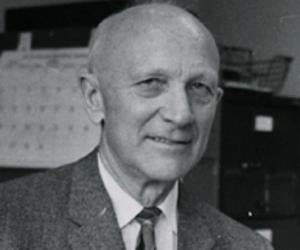
Neuroscientist Wilder Penfield redefined medical science with his innovative way of treating epilepsy patients through surgery. He would note down his patients’ responses when they would be conscious under local anesthesia. He also founded the Montreal Neurological Institute, but was unable to cure his sister’s brain cancer.
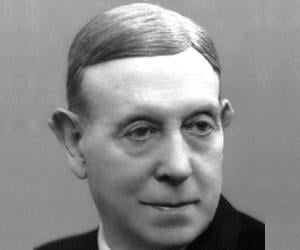
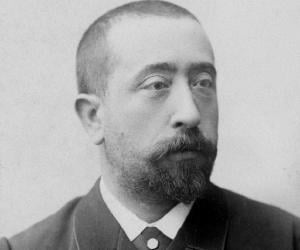
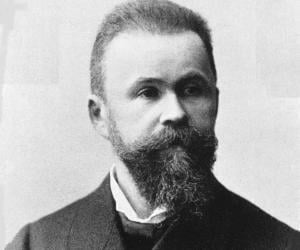
German neurologist, pathologist, and anatomist Carl Wernicke is best remembered for his extensive work on the various types of aphasia, or disorders that hinder the ability to speak or write. He also distinguished between motor aphasia and sensory aphasia, or what is now known as Wernicke's aphasia.
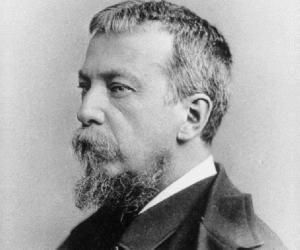
A pioneer of medical neurology, Silas Weir Mitchell not only discovered the causalgia and erythromelalgia but also penned more than 100 monographs on various medical treatments. A talented author, he also penned children’s stories, poems, and novels, such as Roland Blake. He also developed rest cure during the American Civil War.
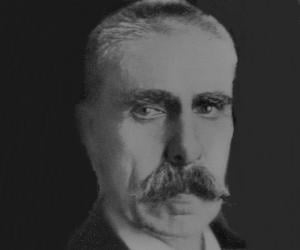
Nobel Prize-winning Austrian psychiatrist Julius Wagner-Jauregg is best known for revolutionizing medical science by partially treating general paresis through artificial induction of malaria. He paved the path for shock therapy and fever therapy to treat mental ailments. He also studied thyroid and ovarian issues. He later became a Nazi sympathizer.
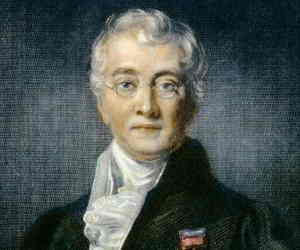
Charles Bell was a Scottish surgeon, physiologist, anatomist, and neurologist. He was also an artist and philosophical theologian. He discovered the difference between sensory nerves and motor nerves in the spinal cord. He is also known for describing Bell's palsy. He played a key role in the creation of the Middlesex Hospital Medical School.
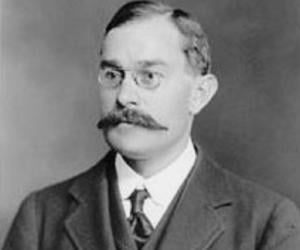
English anthropologist and psychologist W. H. R. Rivers is best remembered for his work on the Todas of the Nilgiri Hills. A qualified physician, he also taught at Cambridge and worked extensively on medical psychology. One of his best-known works is Kinship and Social Organisation.
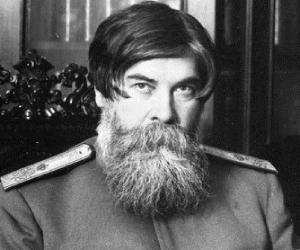
Neurologist and psychiatrist Vladimir Bekhterev is best remembered for his research on the brain and conditioned reflexes and for his pioneering research on objective psychology. He taught at institutes such as the University of Kazan and was also known for his rivalry with contemporary Ivan Pavlov.
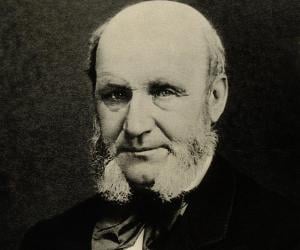
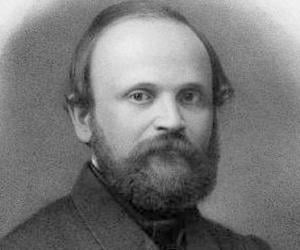
German embryologist and neurologist Robert Remak is known for pathbreaking scientific feats such as the discovery of the Remak’s ganglia and the use of electrotherapy to treat nervous ailments. He also named the three layers of the embryo, the ectoderm, mesoderm, and endoderm. His Jewish origin deprived him from valid recognition.
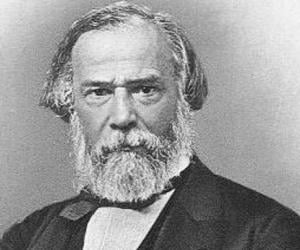
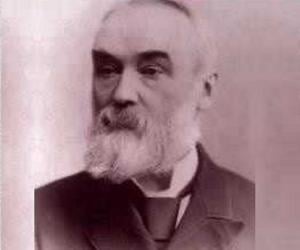
John Hughlings Jackson was an English neurologist best known for his research on epilepsy. He attended the York Medical and Surgical School and became the house physician to the York Dispensary. He later established his reputation as a neurologist and was elected a Fellow of the Royal Society. He was one of the founders of the important journal Brain.
Nobel Prize-winning physiologist Joseph Erlanger is best known for discovering that fibers in the same nerve cord have different functions. He was also known for his association with the University of Wisconsin and Washington University. He conducted most of his studies with his former student Herbert Spencer Gasser.
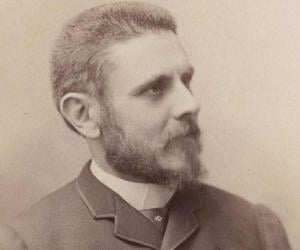
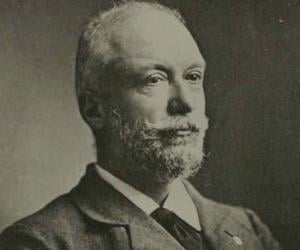
Renowned Swiss neuroanatomist and psychiatrist Auguste Forel is known for his lifelong research on the human brain structure. He also devoted himself to social causes, such as the prevention of alcoholism. His early interest in insects led him to study the psychology of ants, too.
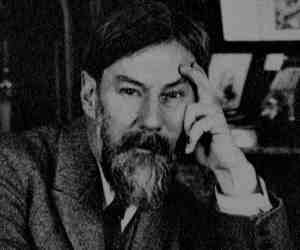
Known for his pioneering work in the fields of child and educational psychology, Édouard Claparède was also the co-founder of the journal Archives de psychologie. A professor at the University of Geneva, too, he also conducted research on animal psychology and the biological theory of sleep.
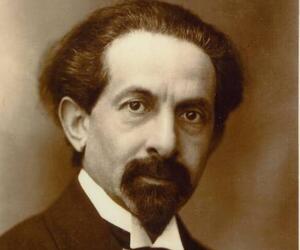
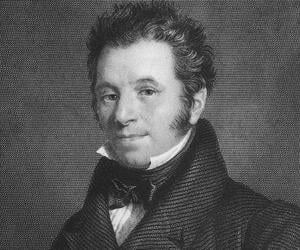
Marshall Hall was an English physician, neurologist, and physiologist. He is credited with contributing immensely to the theory of reflex arc. Hall also wrote many books on neurological diseases, such as epilepsy and apoplexy (stroke). An ardent supporter of the abolitionist movement, Marshall Hall was inducted into the American Philosophical Society (APS) in 1853.
